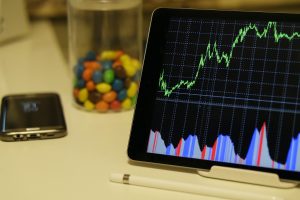Millennials Hit Hardest by Coronavirus Recession
The coronavirus recession hasn’t been easy on anyone, but millennials may have been hit the hardest.
Here’s why the coronavirus pandemic has been especially hard 25- to 39-year-olds:
Another recession
For millennials, economic recessions are nothing new. This generation has already lived through the Great Recession of 2008, the impact from which is still being felt today.
The Great Recession hit millennials when they were still in college or just starting out on their career paths. For some, it meant the choices for their first post-college job were slim. For others, it meant dropping out of college when there was no longer a guarantee of a degree netting a high-paying job. Regardless of how they were impacted, many are still playing catch-up.
Job losses across the board
More than 40 million workers in the U.S. have filed for unemployment since the beginning of the pandemic, and millennials have been hit harder than most.
According to a report by Data for Progress, 52% of respondents under age 45 have lost jobs, been furloughed or had their work hours cut due to COVID-19. In contrast, just 26% of respondents over age 45 have suffered a job loss during this time.
The economy shed 20.5 million jobs in April. Of these, 7.7 million were in the leisure and hospitality sector — a sector dominated by millennials. An additional 1.4 million lost jobs were in health care, primarily in ambulatory services — another field that employs a large amount of millennials.
No nest egg
Many millennials are carrying piles of debt and have minimal or no savings. According to surveys conducted in 2018 by the Federal Reserve, 1 in 4 millennial families have a negative net worth, or debts outweighing assets. One in six millennials would not be able to find the funds to cover a $400 emergency. For these young employees, a relatively mild setback from the coronavirus can be devastating to their finances.
Can Millennials recover?
Millennials have been hit hard again, but there is hope. The forward-thinking millennial can use the challenges presented by COVID-19 as an opportunity to move onward toward a brighter future.


